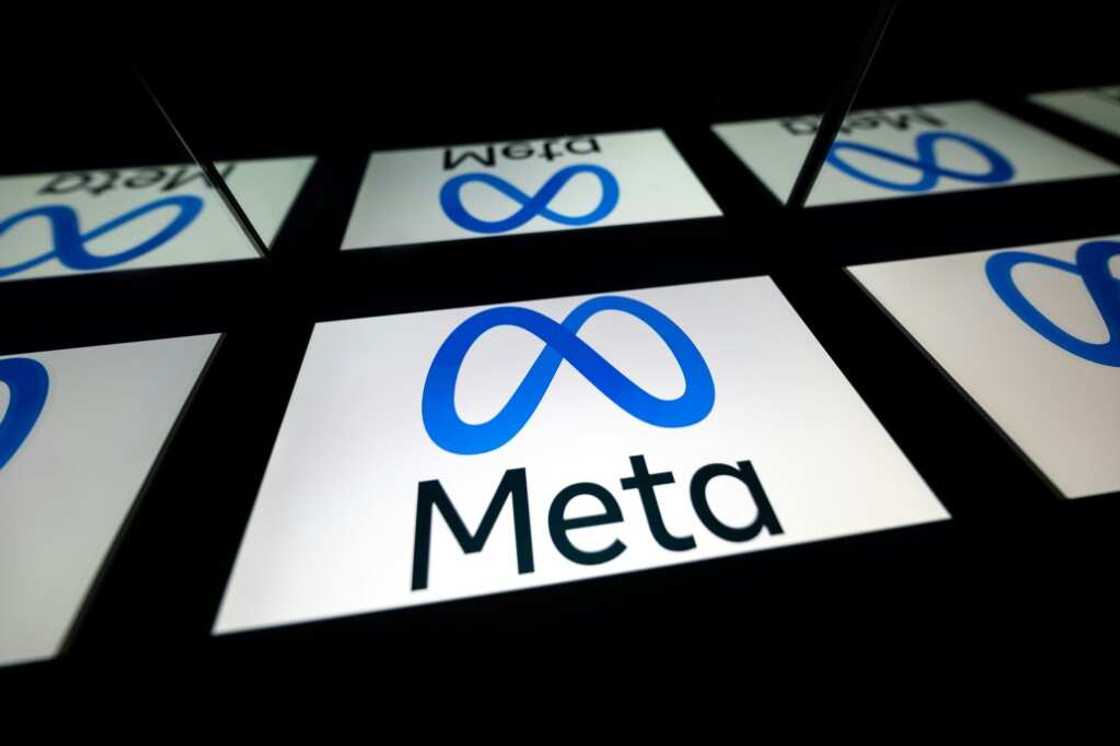Canada media seek probe of Meta's news block

Source: AFP
PAY ATTENTION: Click “See First” under the “Following” tab to see Legit.ng News on your Facebook News Feed!
Media on Tuesday asked Canada's competition watchdog to investigate Meta's blocking of news articles on Facebook and Instagram, accusing the tech giant of using its dominance to gobble up online advertising money.
Meta began blocking news last week in response to a recent law requiring digital giants to pay publishers for news content.
Google, another critic of the Online News Act, has said it is considering a similar move, among an ongoing global debate as more governments try to make tech firms pay for such content.
In a statement, industry associations News Media Canada and the Canadian Association of Broadcasters, as well as public broadcaster CBC and its French language counterpart Radio-Canada, accused Meta of "anticompetitive conduct" and "abuse of its dominant position" in the online advertising market.
Meta's blocking of news on its platforms in Canada, they said, effectively prevents Canadian media from gaining a fair slice of the advertising pie and significantly reduces their visibility on social media channels.
"Meta's anticompetitive conduct, which has attracted the attention of regulators around the world, will strengthen its already dominant position in advertising and social media distribution and harm Canadian journalism," the associations said.
PAY ATTENTION: Сheck out news that is picked exactly for YOU ➡️ find the “Recommended for you” block on the home page and enjoy!
They asked the Competition Bureau to prohibit Meta from continuing to block Canadians' access to news and pressed Meta to "refrain from discriminating, by algorithm or by any other means, against content from Canadian news organizations."
Meta did not react to the competition complaint, but has said the Online News Act is flawed and based on the "incorrect premise that Meta benefits unfairly from news content shared on our platforms, when the reverse is true."
Rather, it said, news outlets share content on Facebook and Instagram to attract readers, which helps their own bottom line.
The bill builds on similar legislation introduced in Australia and aims to support a struggling Canadian news sector that has seen a flight of advertising dollars and hundreds of publications closed in the last decade.
It requires digital giants to make fair commercial deals with Canadian outlets for the news and information that is shared on their platforms, or face binding arbitration.
An estimated 80 percent of all online advertising revenues in Canada goes to Meta and Google.
Meanwhile, Facebook and Instagram together account for more than 70 per cent of the online social media market in the country, according to the media associations.
The parliamentary budget watchdog in an October 2022 report estimated the legislation would see Canadian media receive about Can$330 million (US$250 million) per year from digital platforms.
Source: AFP



